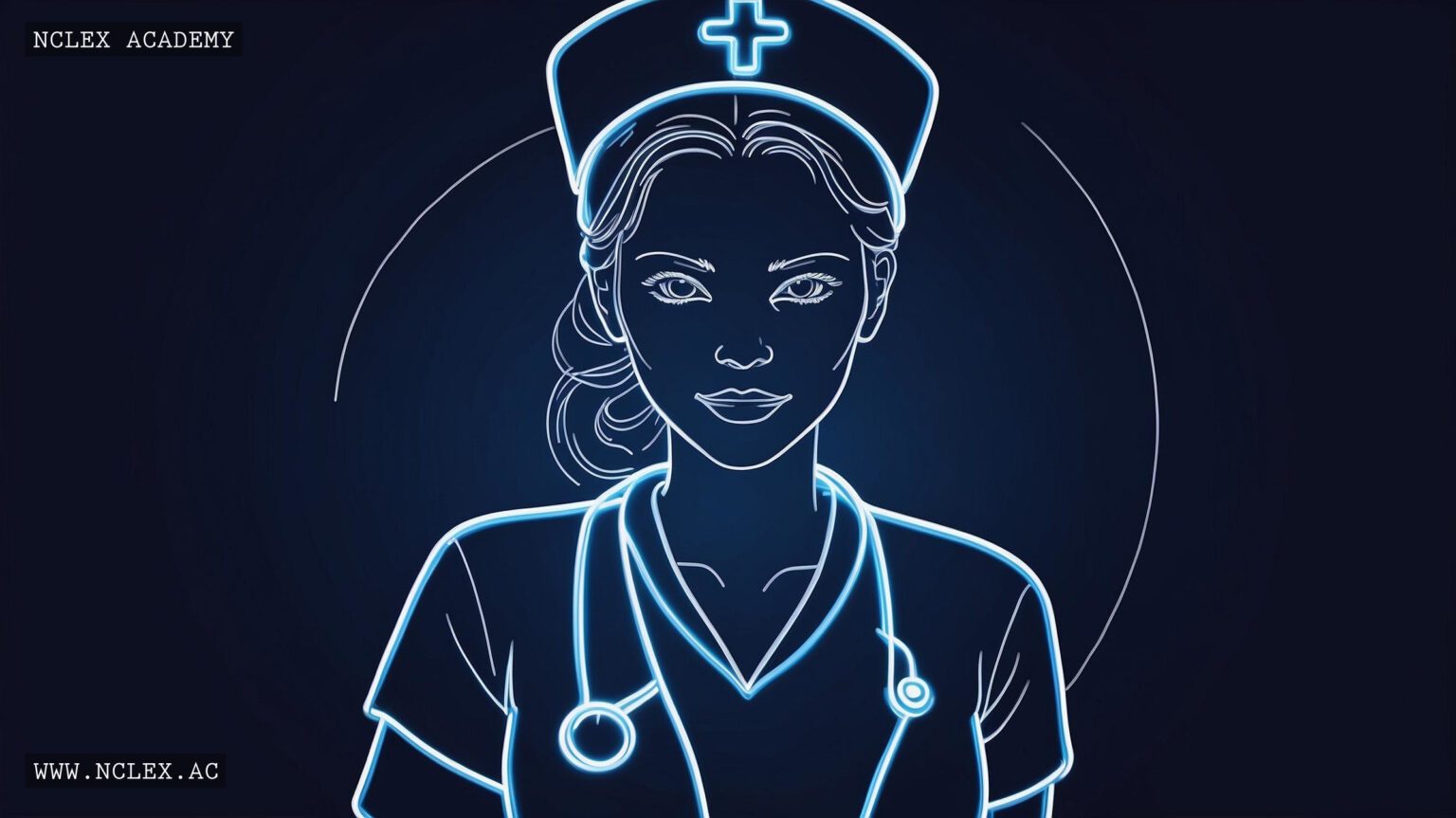The integration of Artificial Intelligence (AI) in healthcare has revolutionized various facets of patient care, and nursing is no exception. AI offers innovative tools and systems that aid in enhancing patient outcomes, streamlining workflows, and providing support in clinical decision-making. By employing AI, nurses can shift their focus to more complex and compassionate aspects of care, knowing that technology supports them with precision and efficiency. Here are seven compelling ways AI is enhancing nursing patient care, ensuring that nurses are more informed, efficient, and patient-focused than ever before.
1. Predictive Analytics for Preventive Care
Predictive analytics using AI extract insights from patient data to anticipate health events before they occur. By analyzing patterns from a plethora of data, including electronic health records (EHRs), nurses can identify patients at high risk for readmissions, infections, or other complications. AI tools predict these risks with high accuracy, allowing nurses to implement tailored preventive measures and allocate resources to those who need them most, thus improving patient care and reducing hospital stays.
2. Enhanced Diagnostic Accuracy
AI systems support nurses in diagnostic processes by providing second-opinion analysis and cross-referencing patient symptoms with vast databases of medical conditions. Advanced algorithms can recognize subtle patterns in imaging or lab results that might go unnoticed by the human eye, leading to faster and more accurate diagnoses. This not only bolsters the diagnostic confidence of nursing staff but also contributes to prompt and appropriate treatment, enhancing patient outcomes.
3. Personalized Patient Treatment Plans
AI-driven models have the ability to deeply analyze a patient’s history, genetics, and current health conditions to suggest highly personalized treatment plans. Nurses can use AI tools to tailor care to each patient’s unique needs, thereby maximizing the effectiveness of treatments. Customized healthcare not only respects individual patient differences but also empowers nurses to provide care that recognizes the whole person, not just the illness.
4. Robotic Assistance and Automation
Robotic nursing assistants, powered by AI, are increasingly supporting patient care by automating routine tasks such as delivering supplies, collecting patient data, and even assisting with lifting patients. This automation eases the physical demand on nurses, reduces the risk of injury, and frees up their time to focus on direct patient care. As these AI robots take on more repetitive tasks, nurses can allocate more time to providing emotional support and patient education, which are critical components of nursing care.
5. Medication Management and Error Reduction
Medication errors are a significant concern in patient care. AI systems enhance patient safety by overseeing medication management with astonishing precision. These systems can track prescriptions, monitor dosages, and alert nursing staff to potential adverse drug interactions or allergies. By ensuring accurate medication administration, AI supports nurses in delivering high-quality care while simultaneously reducing the likelihood of medication errors and associated harm to patients.
6. Remote Patient Monitoring and Telehealth
AI-enabled remote monitoring devices provide real-time health data to nurses, allowing for attentive care regardless of location. Patients in remote areas or those who prefer at-home care can be monitored effectively, with AI tools analyzing data trends and flagging any untoward health indicators. This type of remote care expansion ensures prompt interventions when needed and supports the ongoing shift towards telehealth, which has become increasingly relevant for delivering nursing care, particularly in the wake of global health challenges.
7. Continuous Learning and Knowledge Sharing
AI fosters a continual learning environment for nurses by quickly disseminating new research findings, treatment protocols, and best practices. Through AI-driven platforms, nurses can access up-to-date information, enabling them to apply the latest evidence-based approaches to patient care. This constant knowledge sharing ensures that nursing care is grounded in the most current science, resulting in better-informed nurses and improved patient care delivery.
In conclusion, as AI continues to advance, the nexus between nursing and technology will undoubtedly become more intertwined, presenting an invaluable opportunity to elevate the quality of patient care. As AI takes on more complex roles within the field, the synergy between nurse intuition and technological precision promises to forge a future of healthcare that is not only more efficient but also more empathetic and patient-centered.
NCLEX Academy
NCLEX Academy is a leading online platform dedicated to helping nursing students succeed in their NCLEX exams. With expert-led courses, printable exam prep materials, and personalized study plans, NCLEX Academy offers comprehensive resources to boost confidence and performance. The site also covers a wide range of interesting nursing topics, making it a must-visit for all nurses looking to expand their knowledge and skills. Join thousands of students and nurses who have achieved their dream of becoming licensed professionals with NCLEX Academy.
NCLEX Academy Official Website
